malaysianinsight.com | 06-Nov-2022 – LIKE what the recent survey conducted by the Merdeka Center for Opinion Research revealed, it would be difficult for any political coalition to win enough votes in the coming general election to secure enough numbers to form a federal government.
Malaysia practises the first-past-the-post electoral system, where the majority (even if the difference is by only one vote) forms a government. Thus, the prime minister will be chosen from the winning party.
However, if there is no majority achieved to form a government, the likelihood of a “hung parliament” taking place is there. A hung parliament simply means a parliament in which no political party has enough seats to secure an overall majority.
It is often perceived that it would be difficult for parliamentarians to find common ground to work together, but this is not always true. The result of a hung parliament could spur the different parties to come together.
The passage of the anti-party-hopping law was the outcome of a hung parliament. The law, which was tabled, passed by more than two-thirds of the House and is now in force, shows the possibility of a functioning government that finds common ground in working together.
Reference can also be taken from the United Kingdom where it was not common for the country’s election to result in a hung parliament. The UK went through a hung parliament in 1974. And once again faced such a scenario in the years 2010 and 2017. Even as such, the UK has been a functioning government. Reference could also be made to New Zealand, where decisions and legislation passed pertaining to the Covid-19 pandemic were for the country’s best interest.
Thus, a huyng parliament is not so bad after all, provided there is transparency in working together, to find common interest for the betterment of the country. – November 6, 2022.
* Matilda George reads The Malaysian Insight.
* This is the opinion of the writer or publication and does not necessarily represent the views of The Malaysian Insight. Article may be edited for brevity and clarity.


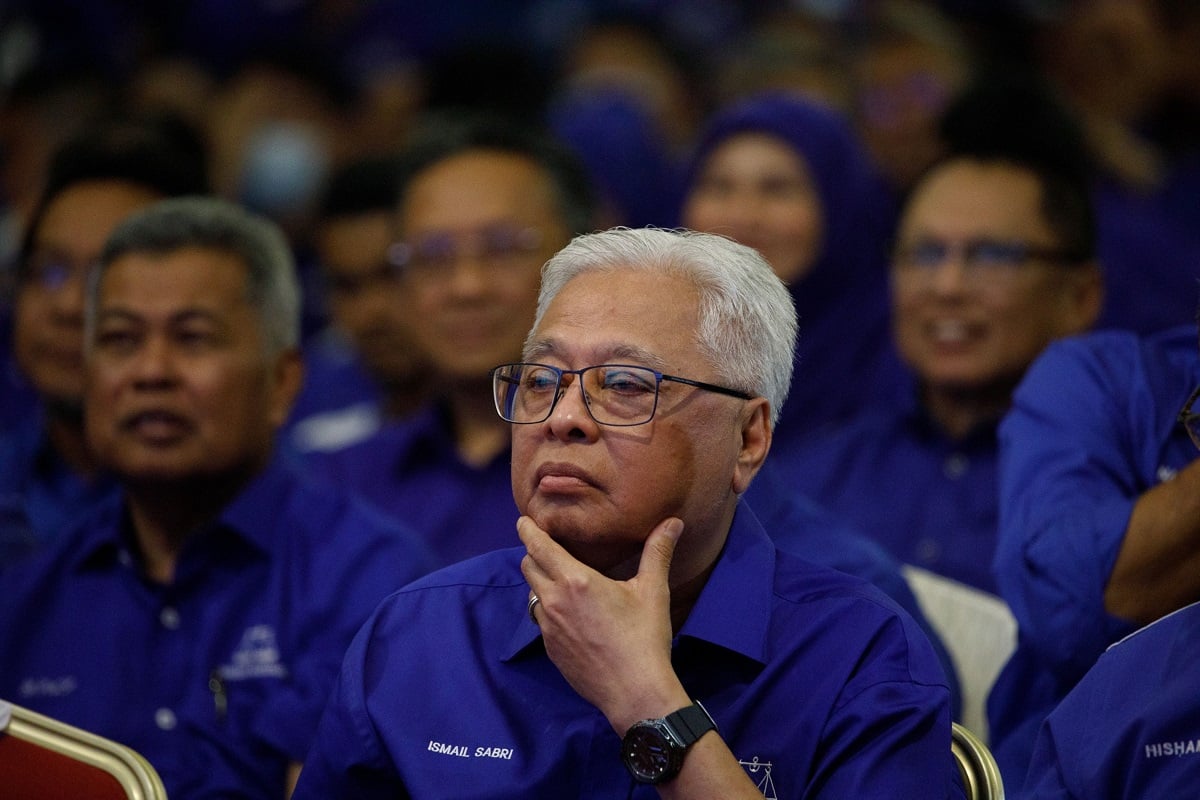
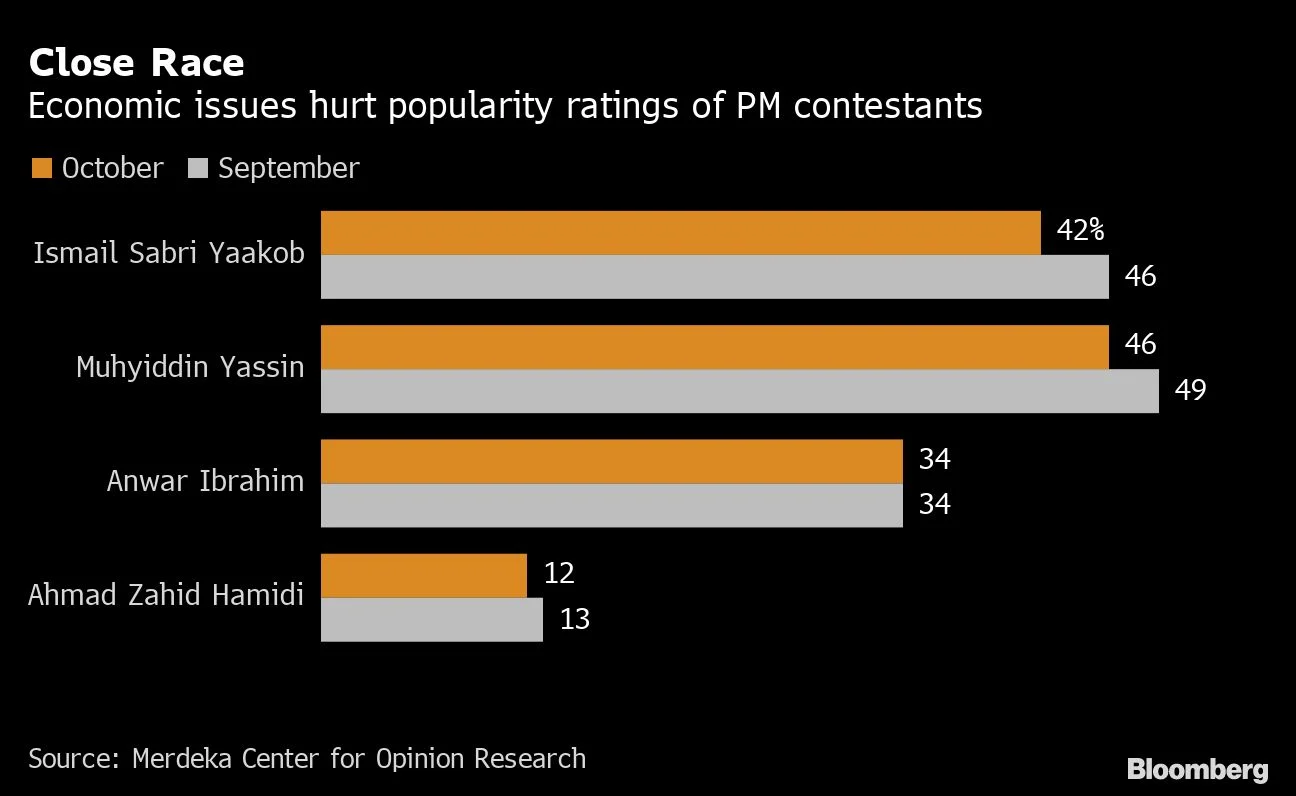
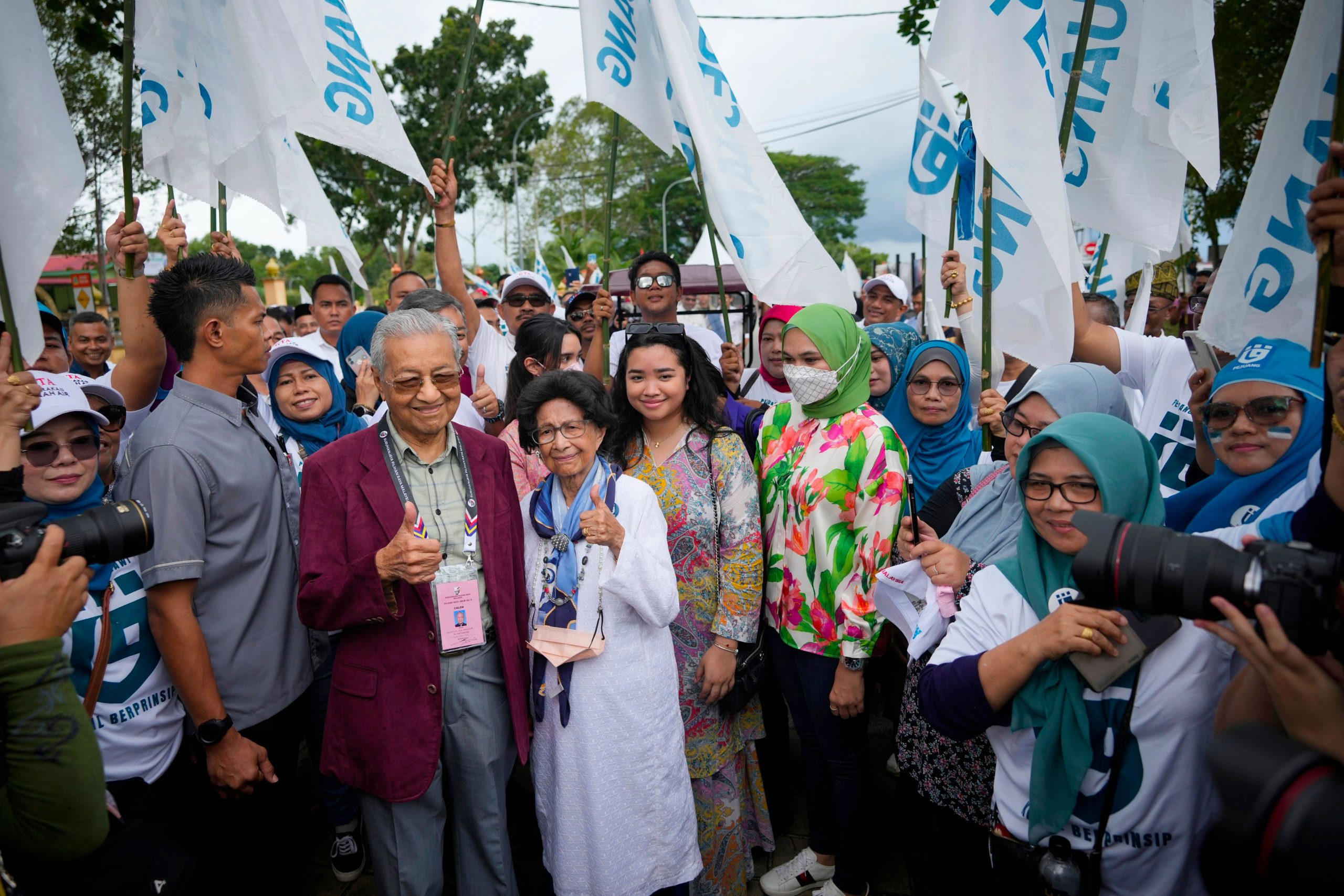
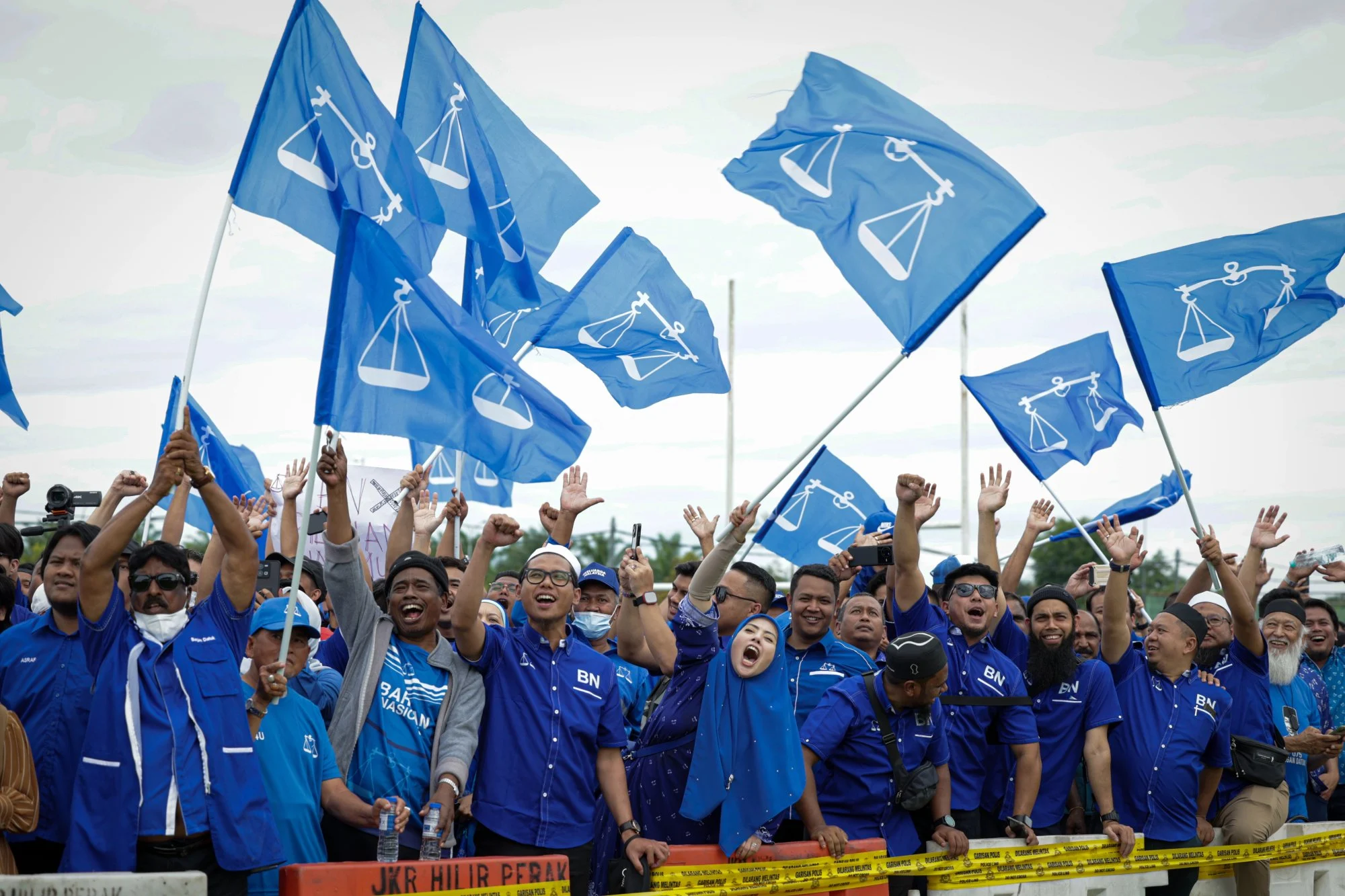
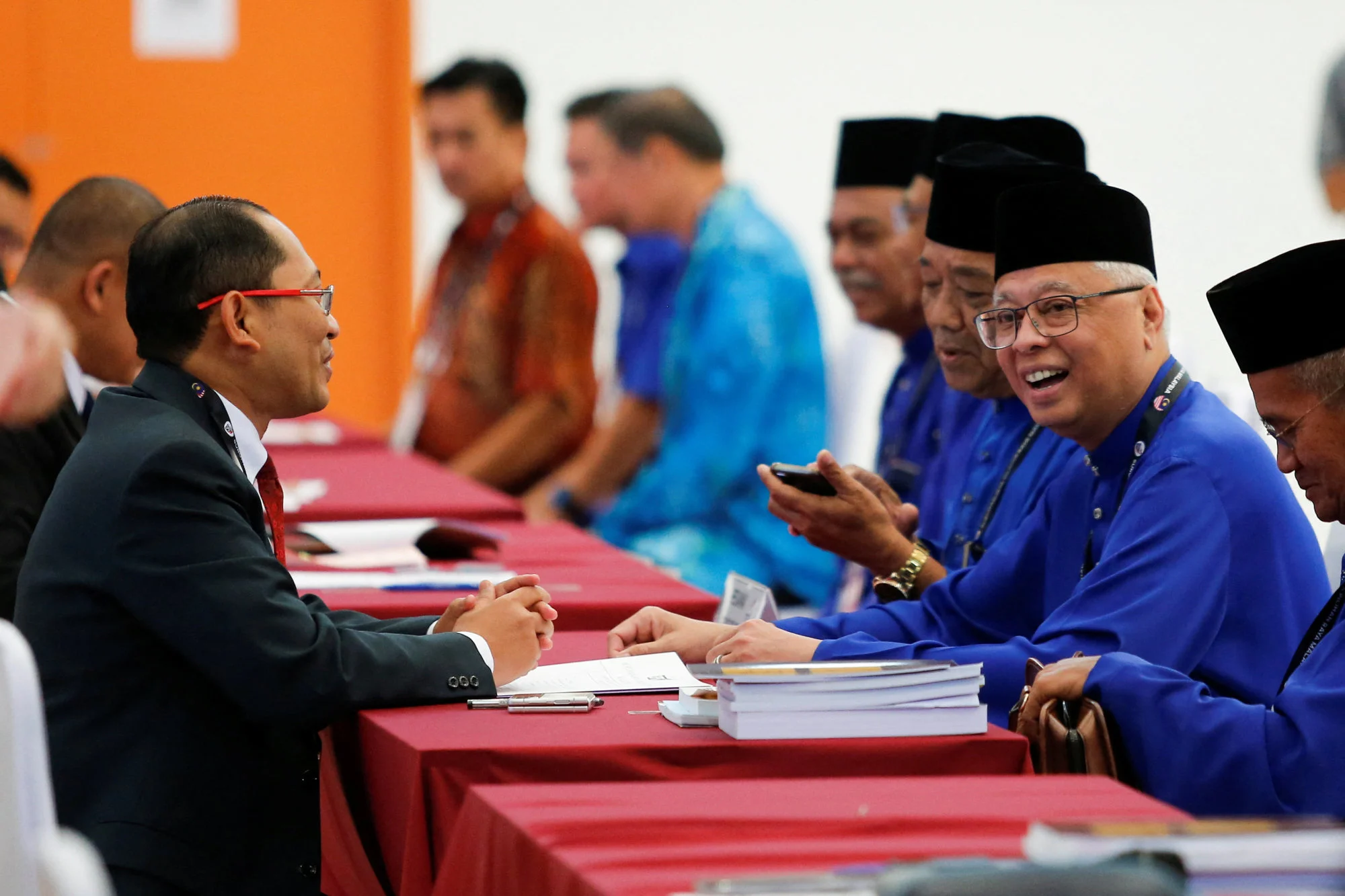
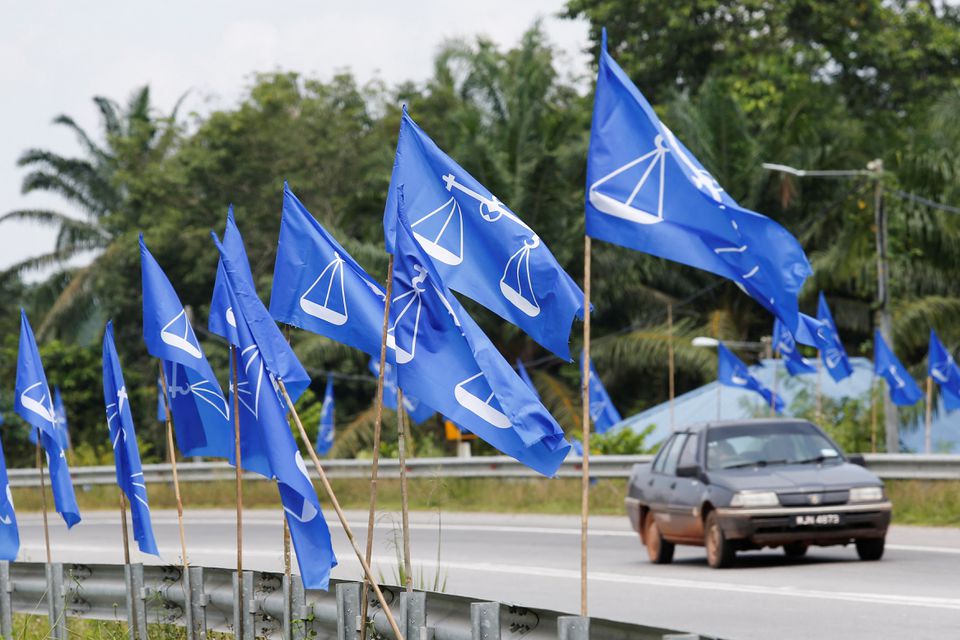
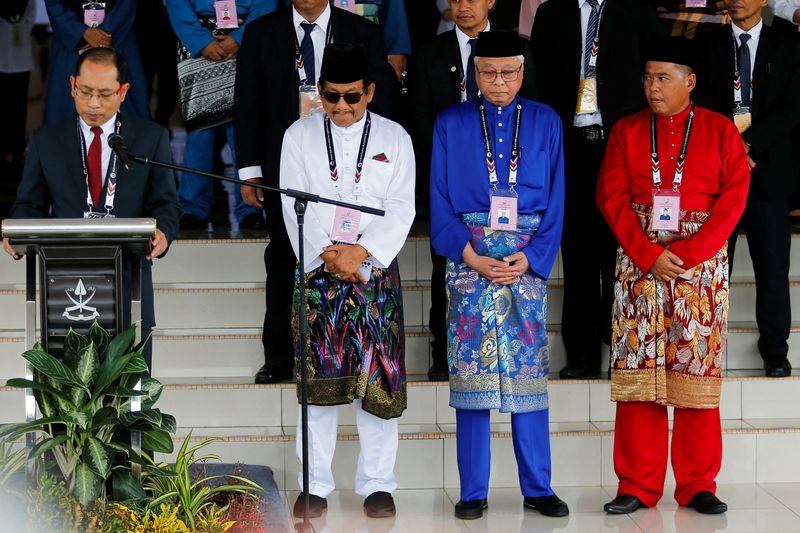
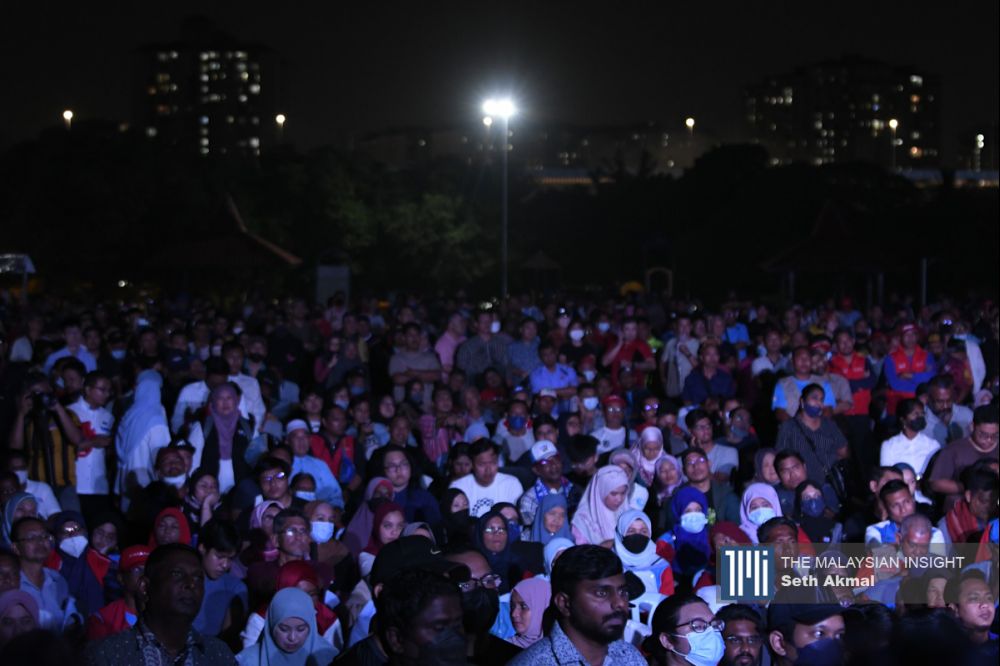 themalaysianinsight.com | 04-Nov-2022 – NO one coalition will be able to win enough seats in the general election to form a federal government, the Merdeka Center for Opinion Research said today.
themalaysianinsight.com | 04-Nov-2022 – NO one coalition will be able to win enough seats in the general election to form a federal government, the Merdeka Center for Opinion Research said today.
